Remember back at Apple’s WWDC a few weeks ago when they took pot shots at Android? The company claimed their platform adoption rate is far superior to Android’s, with even the oldest of their smartphones able to get hooked up with the latest updates. We figured Google was going to respond to those claims and they didn’t disappoint.
As we expected, Sundar Pichai brought up the fact that a lot of Android innovation no longer comes from core firmware upgrades. Instead, they come from upgrades to apps and the Google Play Services platform, which is available to 93% of people running Android (mostly dating back to Froyo).
Google Play Services allows Google to bring new security and usability features across the board. Google Play Games is one such user-facing feature that was made available without having to wait for firmware updates from OEMs. Google reaffirmed the fact that updates to apps and Google Play Services gets to users within six weeks, which is perhaps the fastest turnaround you’ll see in the mobile space.
Apple’s expert twisting and skewing didn’t fool us techies into believing their platform isn’t fragmented. Sure, many of those older iOS devices do get the “latest updates,” but what they fail to tell you is that older phones are often missing some of the latest and newest features that Apple shows off. Whether that’s due to hardware limitations or a ploy to get people to buy the latest phone can only be answered by Apple, but the point is that Android is no worse than iOS when it comes to fragmentation, and in fact it is even better. Don’t let Apple tell you otherwise.

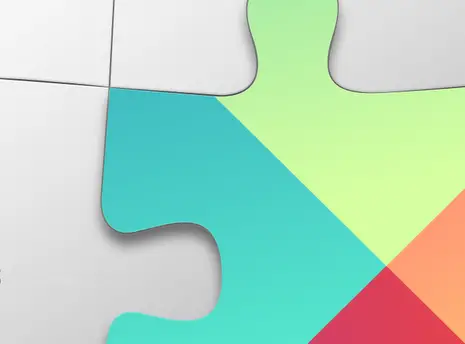
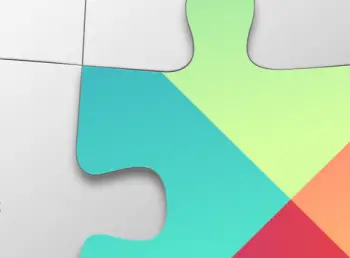
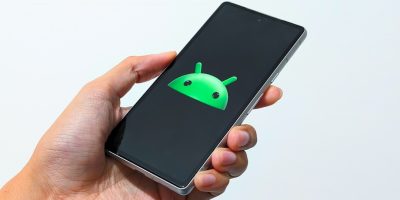
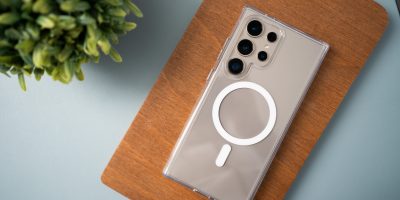

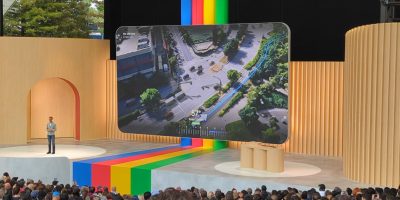
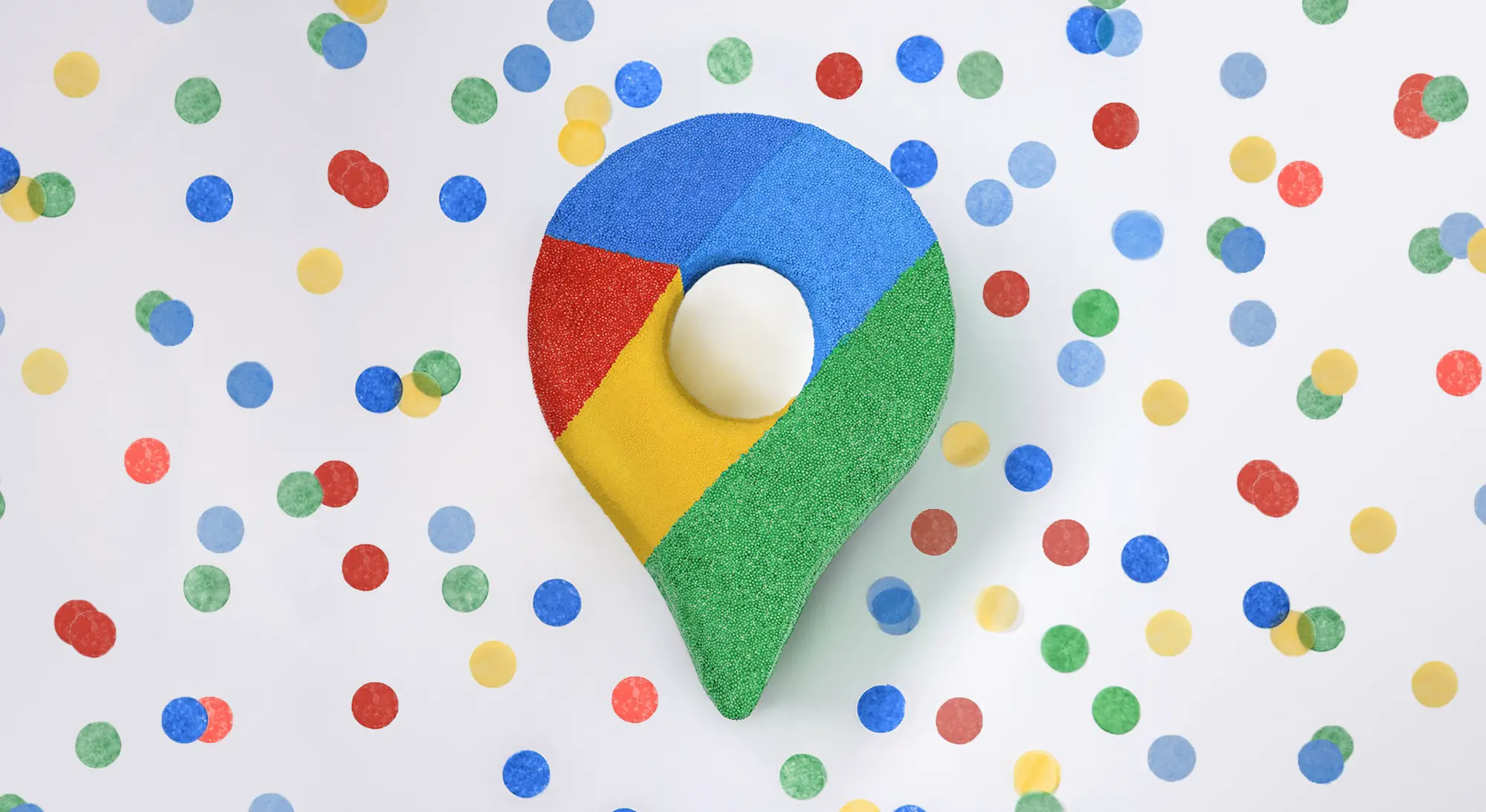
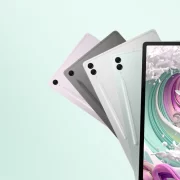



What about mobile/tablet fragmentation?
Wasn’t that talked about with the new Material Design?
I was referring to the author, “Android is no worse than iOS when it comes to fragmentation, and in fact it is even better. Don’t let Apple tell you otherwise”
Google Play Services allows Google to bring new security and usability features across the board http://x.vu/hyLsq3
What the heck this google/android guy is talking about ? 93% get new features ? My foot. I have LG optimus G e970 and after a year still on old jellybean(not even kitkat and who knows android L). Now a days lying in industry is new fashion !!!
Gotta dig a little deeper man..Just they are pushing updates through play services..just because your Firmware doesn’t change past Jelly bean, doesn’t mean you don’t see features/security updates. Sure you miss out on some of the neater things that come with newer versions of android, but you are far from left behind completely as Apple would have you believe.
Exactly. Does Google want you to support their hardware partners and buy the latest devices every year or two (or sooner), of course, though they do not have as big a motivation as Apple since they are not making all the hardware and software. But the point is even if your carrier/manufacturer does not update to newest Android revision you are still getting updates to core system experience for most phones/tablets: Google play services.
Brilliant post.
Try again
So what Google app do you not have? I’m confused.
I agree. It’s not the same as getting the latest version of Android. My wife’s S3 will not be upgraded to KitKat. It’s stuck at the previous OS forever and she got it less than two years ago. This 93% is a smoke screen for their loss of control to manufacturers and carriers, over the timely delivery of updates. Only Google devices receive timely updates and that comprises a very small percentage of the installed base. The truth is, they don’t compare to iOS when it comes to updates and adoption rate. iOS 7 is installed on 89% of iDevices. That’s a staggering adoption rate for any platform! Google should offer their users real updates, not spin!
The GS3 is on what, Jelly Bean?
Most of the differences between JB and KK are fairly superficial. The only huge thing you’re missing out on is the dialer.
Of which is a UI element of which wouldn’t be attained through the update in the 1st place
Yes, it’s running Jelly Bean. An iPhone 4S from 2011 will run iOS 8 when it’s released this fall. How many Android devices from 2011 will be able to install KitKat or Android L? I’m even wondering if the S5 will be upgradable to Android L… That’s not a question you’d have to ask about the iPhone 5S.
will it have all the new features of ios 8? NO…will all apps still be compatible? NO…ios just LOOKS less fragmented
It only looks less fragmented because the have never changed anything since the first iPhone except the version number. ;)
Like I wrote in another post, desktop OSes like Mavericks and Windows 8 leave out functions, features and end support for older devices. Apple does the same with iOS. Nothing new or unusual! Since carriers and manufactures determine which devices get the latest updates, Google can’t make the same call. As an example, new Android devices sometimes ship with older versions of the OS that will never be updated. An iPhone 4, originally released in 2010, runs the same operating system as the current iPhone 5s. Right now iOS 7 adoption rate is at 89%. A staggering figure for any OS! That means iOS developers can concentrate their resources on the current OS and maybe one version back. Google’s developer dashboard for Android shows Jellybean installed on about 58% of devices, Gingerbread 14.9%, Kitcat 13.6% and Ice Cream Sandwich 12.3%. That means Android devs have to contend with several older versions of the OS. Now that right there, is fragmentation, son!
Most of the updates after Gingerbread had to do with cosmetic changes, and features that enabled newer hardware elements. Honestly I kept my phone on gingerbread up until about a year ago, before upgrading to jelly bean, and there’s basically no difference to anything useful, other than gaining google now. The core app and other app updates are what matters. The difference is app developers can develop for concurrent versions easily. So my droid 1 still works for uverse video and other modern video apps, whereas my moms similarly old ipad 1 loses these abilities completely. iOS developers will end of life entire apps completely, not just stop updating.
Who cares if an iphone 4 update number changes if it doesn’t add the iOS7 features developers would want to access anyways.
Also since everyone one of your posts seems to involve apple I’ll just assume you are trolling and move on. maybe go splash around with some dudes on macrumors for a change?
All flagship phones have received at least 1-2 updates from all the major android players.
how many of those devices have siri?
The features you miss out on are UI features of which can only be attained through a GPe device and Nexus series because only they have stock android really
Read it again. Slowly.
I’m sure users stuck with Gingerbread, Froyo and other outdated Android releases feel otherwise. That’s like adding more RAM and a larger hard drive to an old Pentium computer. Sure it will run faster, but it’s still not a fourth gen Core i7 beast. It’s nice to know they’re doing this stuff through apps and the play store as a stop gap, but we all know people want the real deal like Apple gives its users! None of this behind the scenes nonsense, but straight up updates that you can see and feel good about. Sundar Pichai is full of it. The writer of this article, obviously can’t see the truth in front of him. Additionally, delivering updates through this method demonstrates Google’s loss of control of the platform.
Right because ios updates provide all new features to old phones, cough cough siri. Also my mom has an ipad one, and apps she used to use frequently update to incompatible with that version of ios and then support drops for it completely, losing use of the app. Meanwhile i cranked up my og droid the other and it can still download almost any app, and had a boatload of updates waiting to go.
As with all updates whether for desktop OSes like Mavericks or Windows 8, or Mobile OSes like iOS or Windows 8, some features will be excluded from older hardware. That’s just the nature of updating older devices. Nothing new. Apple regularly EOLs older devices and they let you know that those devices are no longer supported. They also inform their developers to no longer support those devices in new versions of their apps. Android is severely fragmented and it’s most apparent when new devices come with older versions of the OS and can’t be updated to the latest version. This forces developers to build apps for several versions of Android. For the most part iOS devs can concentrate their efforts on the most recent version of iOS because the adoption rate is staggeringly high and it happens fast.
The fragmentation issue is a dull issue lately they have just really been version number changes.